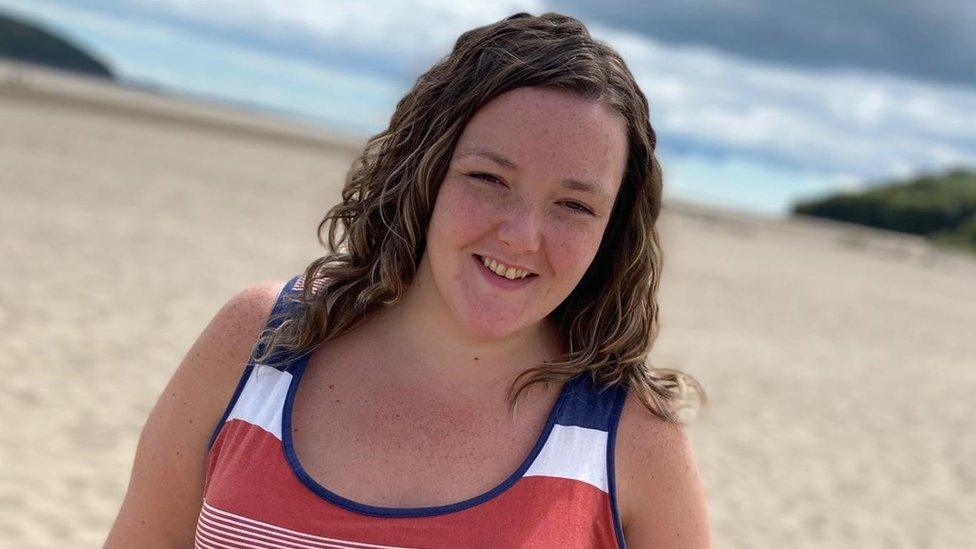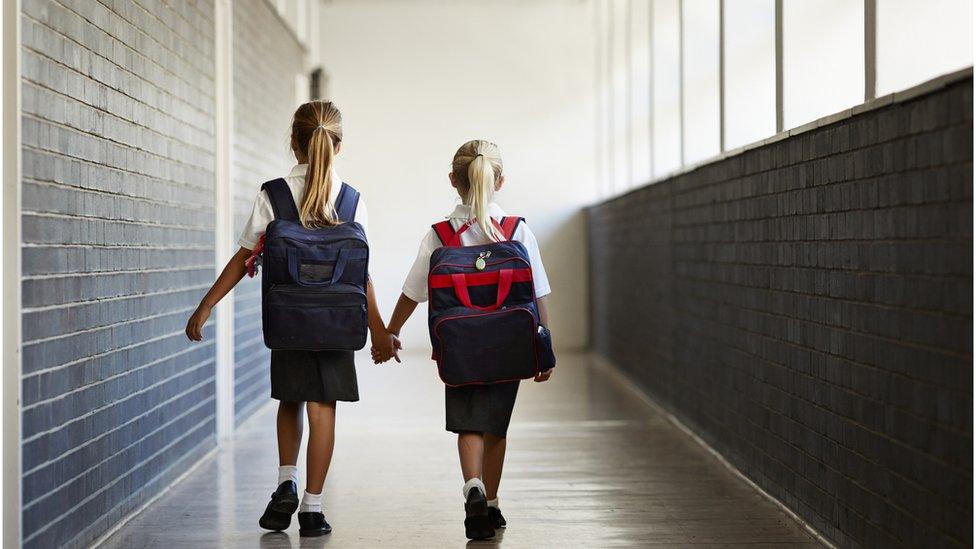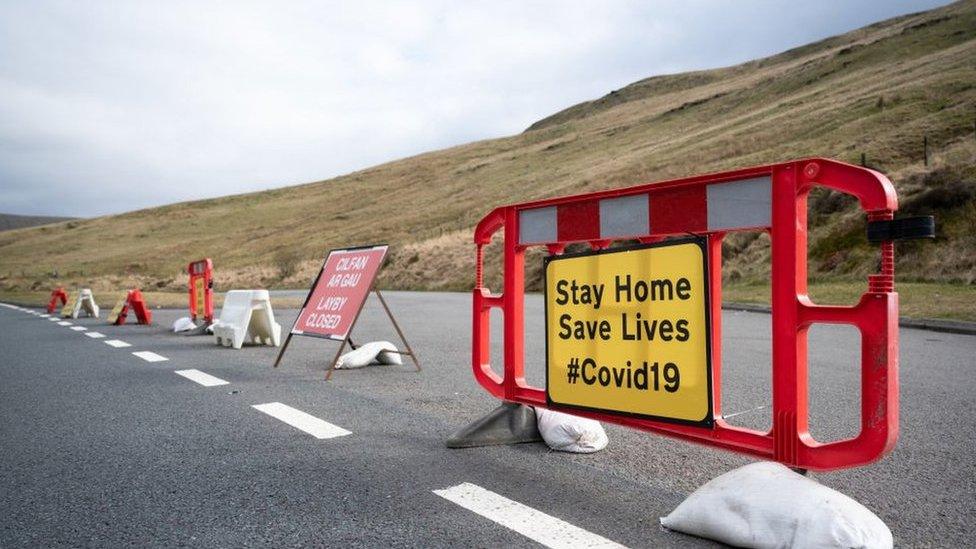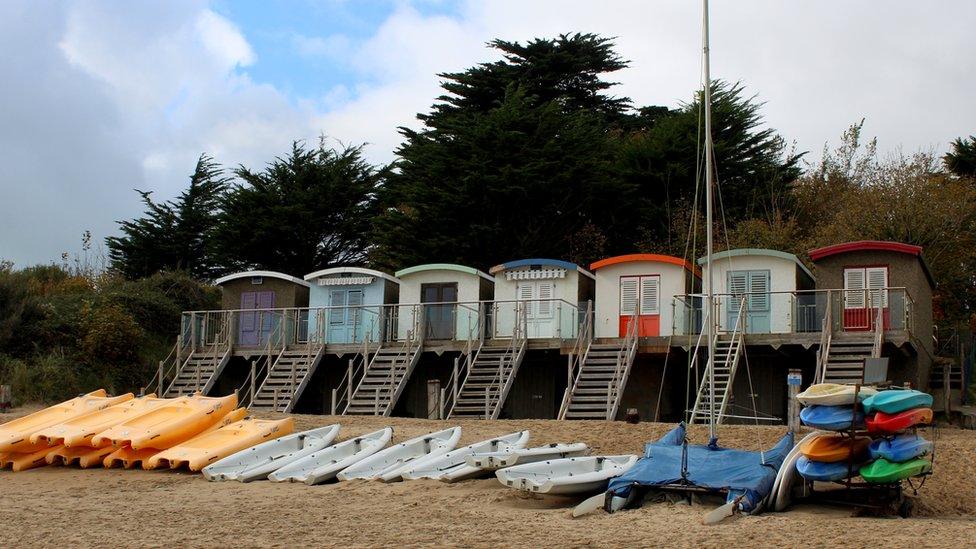Post-Covid: Gwynedd council 'could remain virtual' to improve diversity
- Published

One councillor warned of the danger of becoming more insular
Most council meetings in one Welsh county could remain virtual post Covid-19 in a bid to cut down on travel and improve diversity.
Before the pandemic Gwynedd councillors had to travel to meetings in Caernarfon, resulting in a three-hour round trip for some.
Now plans have been outlined to allow councillors to take part in debates from their homes for years to come.
A report to councillors said virtual meetings had become the "new normal".
Many local authorities have few young, female, black, Asian, minority ethnic or disabled councillors.
Recent BBC research found the average age of councillors in Wales stands at 60, with only 12 of the 22 local authorities having any elected councillors under the age of 30.
In Gwynedd 15 of the 75 councillors are women - or 20%.
The plan, for a return to business post-pandemic, would see just the five full-council meetings where all 75 members attend, held face-to-face.
A report, put forward to councillors, says continuing the virtual meetings would cut travel and reduce the council's carbon footprint and encourage more people to stand for election by making meetings more accessible, the Local Democracy Reporting Service said.
With Gwynedd covering 984 sq miles (2550 sq km), some councillors were making round trips of over three hours to attend meetings in Caernarfon, Dolgellau and Pwllheli.
'Could help more young people to stand'
Councillor Dewi Owen, who represents Aberdyfi, told the democratic services committee meeting that members were travelling a long way and the virtual meetings had made the job "much easier".
"After next year's elections I hope there will be more younger councillors taking part even if they have to work full-time, as it makes it so much smoother," he said.
Meanwhile, councillor Dewi Wyn Roberts said he hoped it would allow people to stand for election "who wouldn't otherwise feel able to", such as parents and people in full-time work.
He warned: "There is a danger that we all become more insular by not meeting and networking in the same way as before, so we must be mindful of that."

THE STORY OF MIWSIG: As Beatlemania gripped the world, something was stirring in Wales' rural concert halls
WHEN LORNA MET LEO: Trying to find love in the time of Covid

- Published17 February 2021

- Published18 February 2021

- Published26 May 2020

- Published16 February 2021

- Published22 December 2020
